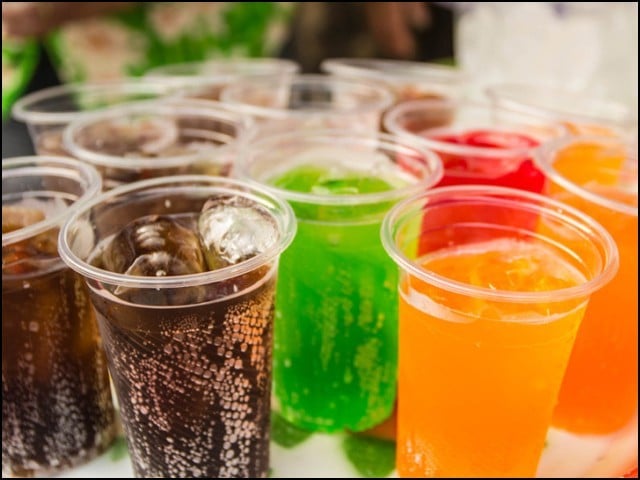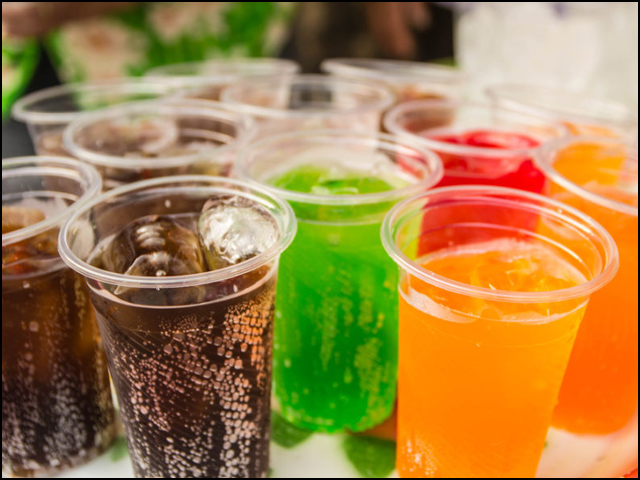
Artificially sweetened beverages that claim to be low in calories can be harmful to the heart. Photo: File
London: Various companies have offered sugar-free, diet drinks and artificially sweetened food products to attract consumers and now it has been revealed that they can cause heart diseases and strokes.
A survey has detailed clinical evaluation of artificial sweeteners, however, erythritol has been studied in particular. It is a natural sugar alcohol found in certain fruits and vegetables. However, the human body also has a small amount of it naturally. It is 70% sweeter than sugar but has only 6% of the calories compared to sugar.
Hence, ‘Erythritol’ was widely used as a low-calorie sugar substitute. But now it is known that its use can cause blood clots, which can increase the risk of heart disease and stroke.
A Cleveland hospital in the US has tested blood samples from more than 1,000 people. The purpose of this test was to predict the risk of heart disease in patients. The study, which lasted for several years, found that people who had high levels of ‘erythritol’ in their blood. In the next three years, a large number of them suffered from heart diseases and strokes.
This is said to be because this artificial sweetener thickens the blood and increases the rate of blood clots. When experts added erythritol to clean and healthy blood in the laboratory, they were surprised to find that after some time the blood cells would stick together and form clots.
For this reason, experts have said that all products with artificial sweeteners containing ‘erythritol’ should be avoided.
(function(d, s, id){
var js, fjs = d.getElementsByTagName(s)[0];
if (d.getElementById(id)) {return;}
js = d.createElement(s); js.id = id;
js.src = “//connect.facebook.net/en_US/sdk.js#xfbml=1&version=v2.3&appId=770767426360150”;
fjs.parentNode.insertBefore(js, fjs);
}(document, ‘script’, ‘facebook-jssdk’));
(function(d, s, id) {
var js, fjs = d.getElementsByTagName(s)[0];
if (d.getElementById(id)) return;
js = d.createElement(s); js.id = id;
js.src = “//connect.facebook.net/en_GB/sdk.js#xfbml=1&version=v2.7”;
fjs.parentNode.insertBefore(js, fjs);
}(document, ‘script’, ‘facebook-jssdk’));



